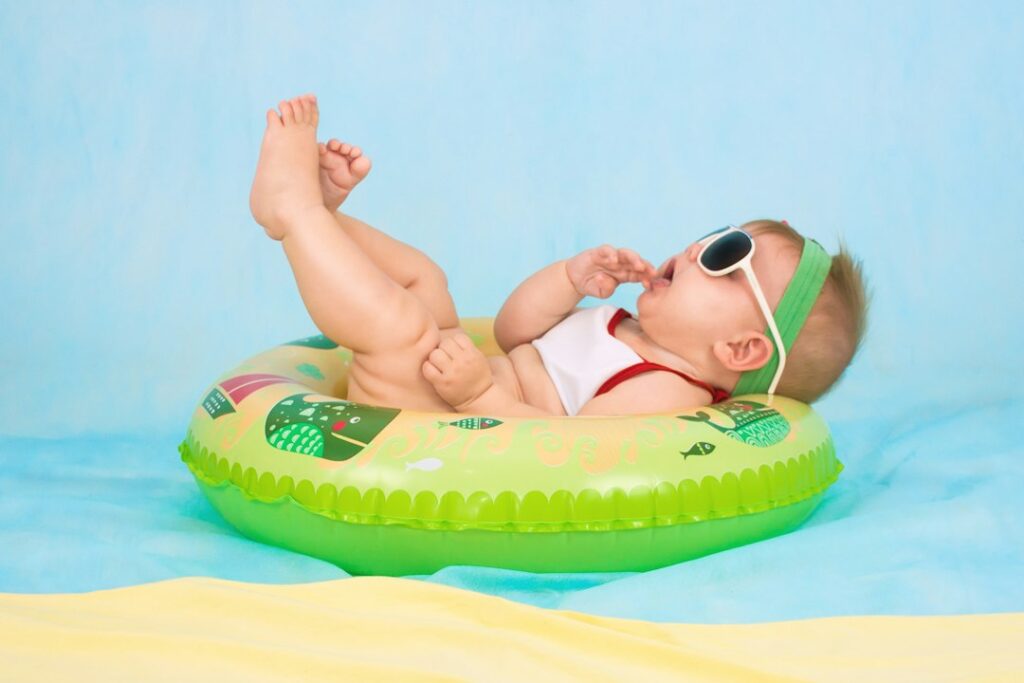Water Birth: Dispelling Common Myths
Welcoming a child into the world is a profound and personal journey, one that is ripe with decisions and preferences unique to each family. Among these is the choice of a water birth, a method that has gently rippled its way into the hearts of many expectant mothers and fathers. This birthing method, enveloped in …



